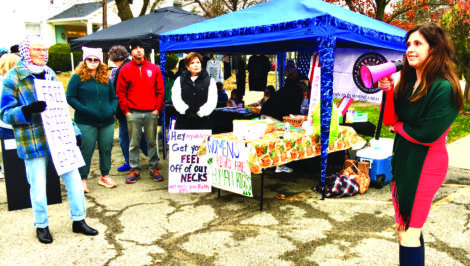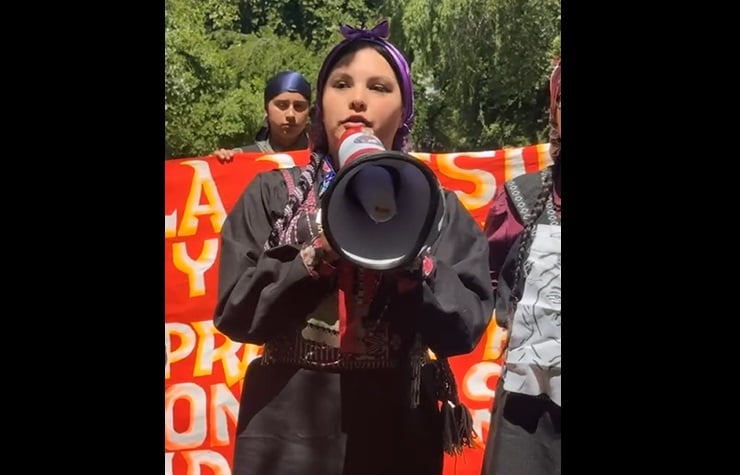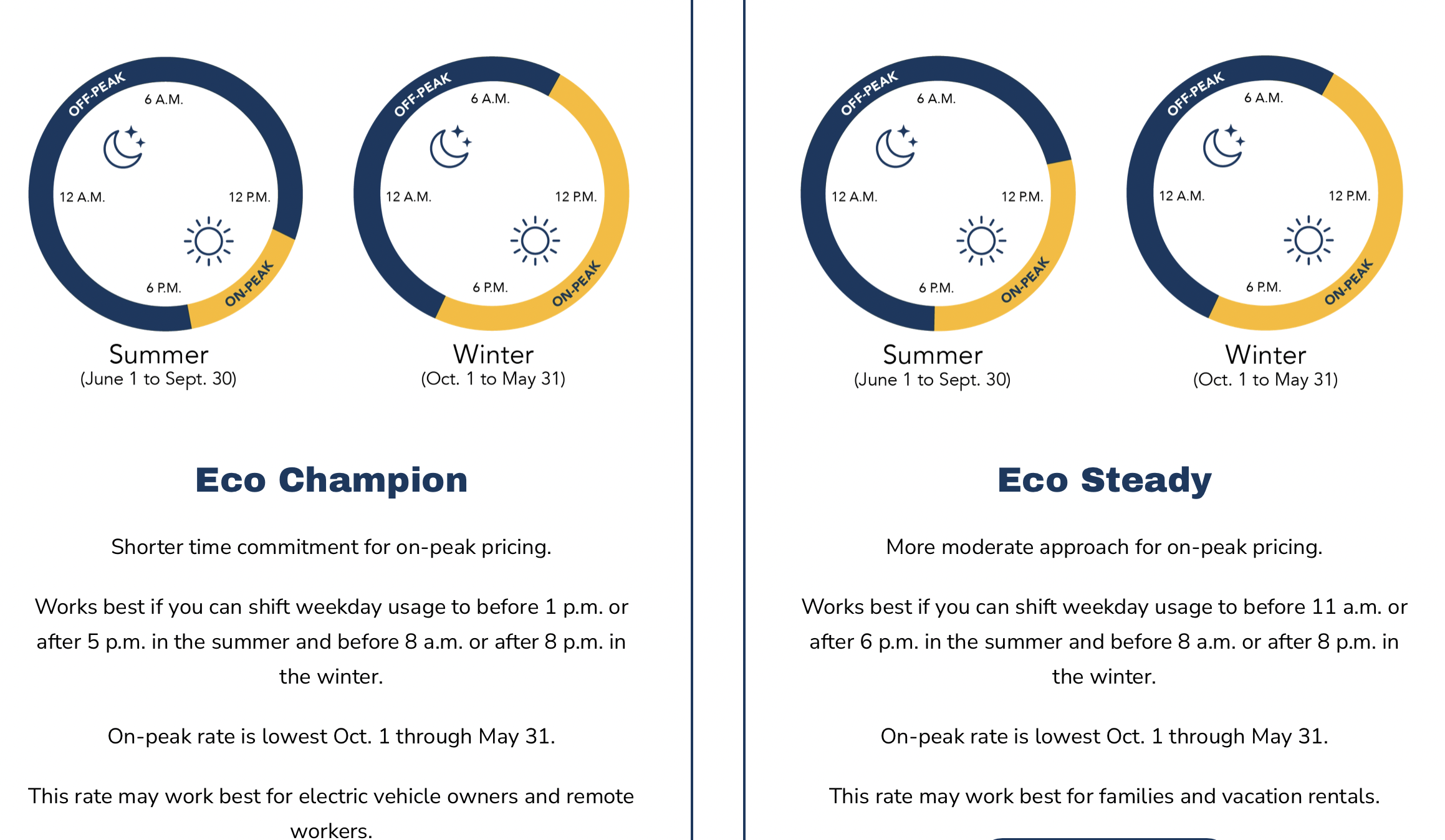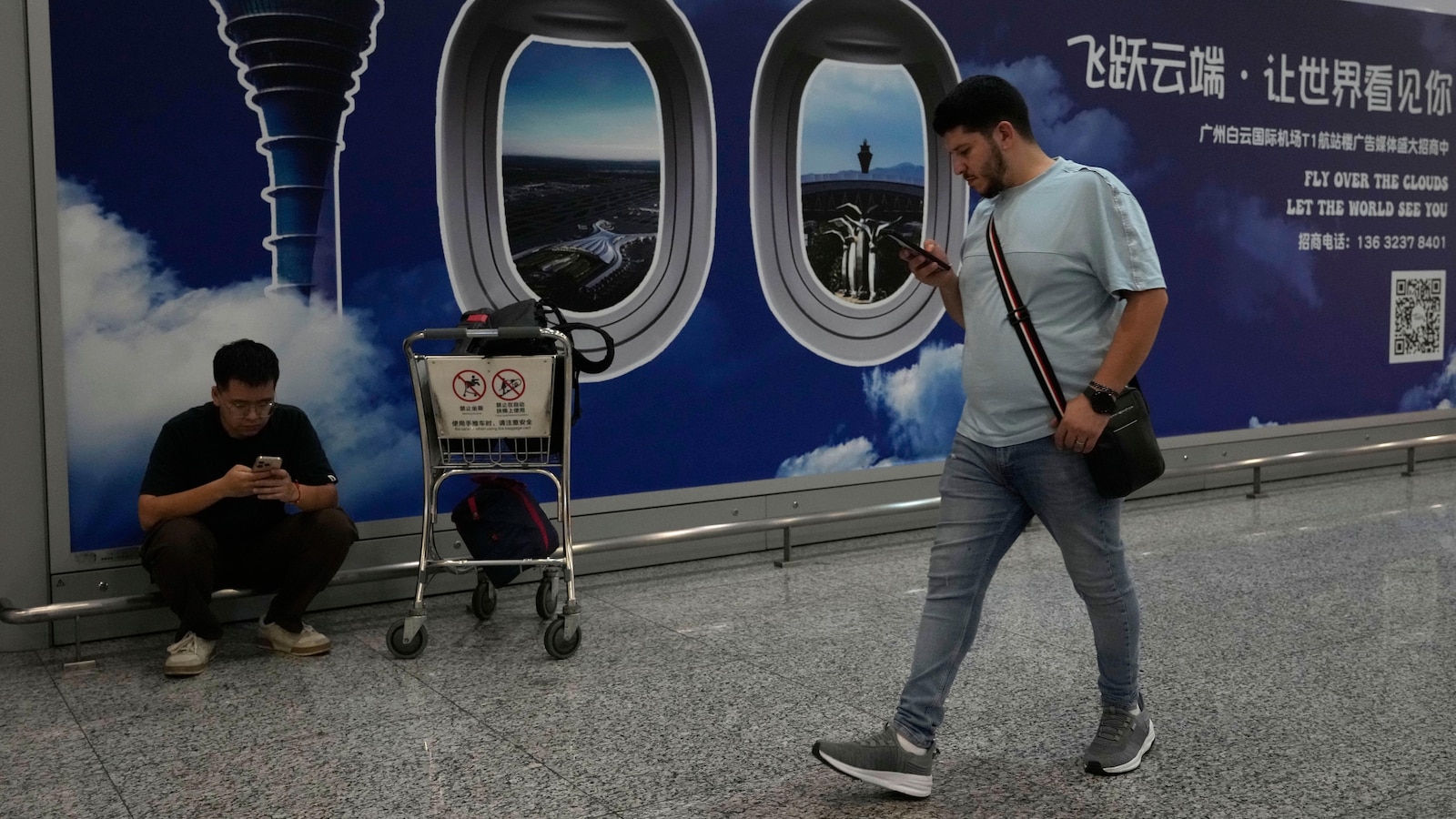WHO Barcelona course on health financing for universal health coverage 2025 – World Health Organization (WHO)

Report on the WHO Barcelona Course on Health Financing for Universal Health Coverage
Advancing Sustainable Development Goal 3 through Specialized Training
The World Health Organization (WHO) Barcelona Office for Health Systems Financing will conduct its annual course on health financing for universal health coverage (UHC) from 20–24 October 2025. This intensive training program, supported by the Government of the Autonomous Community of Catalonia, Spain, is designed to equip policy-makers with the necessary skills to advance UHC. The course directly supports the achievement of Sustainable Development Goal 3 (Good Health and Well-being), which mandates ensuring everyone can access quality health care without financial hardship.
Strategic Alignment with Global and European Development Goals
Emphasis on Sustainable Development Goals (SDGs)
Health financing policy is a critical instrument for achieving UHC, a core target (3.8) within SDG 3. By improving affordable access to health care, effective financing strategies also contribute to the broader 2030 Agenda for Sustainable Development, including SDG 1 (No Poverty) and SDG 10 (Reduced Inequalities). The course empowers officials to design and implement reforms that strengthen health systems, making them more resilient, equitable, and sustainable.
European Policy Context
The program’s objectives are also aligned with key European priorities, including the European Pillar of Social Rights and the WHO European Programme of Work 2020–2025, both of which emphasize accessible and high-quality health care as a fundamental right.
Course Curriculum and Objectives
Core Objective
The primary objective is to provide participants with the technical knowledge to analyze and develop health financing policies that effectively move their countries toward UHC, thereby making tangible progress on SDG 3.
Course Modules
The curriculum is structured around five key modules designed to address challenges in health system performance and financial sustainability:
- Coordinating health systems reform: Aligning policy instruments with strategic objectives, including the SDGs.
- Financial protection: Developing strategies to secure affordable access to health care, a cornerstone of UHC.
- Raising and pooling revenues: Methods for increasing and managing funds for health to ensure system sustainability.
- Purchasing health systems: Strategies for optimizing resource allocation to achieve maximum health outcomes.
- Aligning financial incentives and service delivery: Improving care coordination and patient health in line with UHC principles.
Participant Profile and Eligibility
Target Audience
The course is designed for professionals within the WHO European Region, with a focus on countries with advanced health systems. Applications are invited from:
- Policy-makers or technical experts in the health sector
- Policy-makers responsible for social policy
- Senior managers of health insurance funds or purchasing agencies
- Senior managers of service provider organizations
- Experts involved in health systems reform
Prerequisites
Candidates are expected to have prior training in health systems, extensive professional experience, and proficiency in English, the language of instruction. The course is limited to a maximum of 50 participants to ensure an interactive learning environment.
Application and Logistical Information
Registration and Selection Process
- Applicants must submit a completed online application form by the deadline of 2 September 2025.
- Selection is competitive and based on the relevance of the course to the applicant’s work, prior training, and language skills.
- Accepted participants must pay a non-refundable registration fee of €100 to confirm their place.
Financial Arrangements
- Covered by WHO: Course tuition, all materials, lunches for the five-day duration, and one official social dinner.
- Covered by Participants: All expenses related to travel, accommodation, and subsistence in Barcelona.
For additional inquiries, please contact the WHO Barcelona Office at eubar@who.int.
1. Which SDGs are addressed or connected to the issues highlighted in the article?
-
SDG 3: Good Health and Well-being
The article explicitly states that Universal Health Coverage (UHC) is a Sustainable Development Goal. The entire focus of the WHO Barcelona course is on health financing to achieve UHC, which is central to SDG 3. The course aims to equip policy-makers with skills to “improve health systems financing” and ensure “everyone can use quality health care”.
-
SDG 1: No Poverty
The article connects health coverage to poverty by emphasizing the goal of UHC is to ensure people can access healthcare “without experiencing financial hardship”. This directly addresses the poverty-inducing impact of out-of-pocket health expenditures, linking the course’s objectives to the broader goal of poverty eradication.
-
SDG 17: Partnerships for the Goals
The article describes a collaborative effort. The course is an initiative by the “WHO Barcelona Office for Health Systems Financing”, receives “financial assistance of the Government of the Autonomous Community of Catalonia, Spain”, and brings together “policy-makers or technical experts” from across the “WHO European Region”. This multi-stakeholder partnership to build capacity and share knowledge for achieving UHC is a clear example of SDG 17 in action.
2. What specific targets under those SDGs can be identified based on the article’s content?
-
SDG 3: Good Health and Well-being
-
Target 3.8: Achieve universal health coverage, including financial risk protection, access to quality essential health-care services and access to safe, effective, quality and affordable essential medicines and vaccines for all.
The article is centered on this target. It defines UHC as “ensuring everyone can use quality health care without experiencing financial hardship”. The course modules, such as “financial protection: securing affordable access to health care” and “purchasing health systems: getting more health for the money”, are designed to directly address the components of this target.
-
Target 3.8: Achieve universal health coverage, including financial risk protection, access to quality essential health-care services and access to safe, effective, quality and affordable essential medicines and vaccines for all.
-
SDG 1: No Poverty
-
Target 1.3: Implement nationally appropriate social protection systems and measures for all, including floors, and by 2030 achieve substantial coverage of the poor and the vulnerable.
The course’s focus on “financial protection” and strengthening the role of “health insurance funds” contributes to building robust social protection systems. By preventing financial hardship from health costs, these health financing strategies are a key component of the social protection floor mentioned in this target.
-
Target 1.3: Implement nationally appropriate social protection systems and measures for all, including floors, and by 2030 achieve substantial coverage of the poor and the vulnerable.
-
SDG 17: Partnerships for the Goals
-
Target 17.9: Enhance international support for implementing effective and targeted capacity-building in developing countries to support national plans to implement all the Sustainable Development Goals…
The course is a form of “targeted capacity-building”. It aims to “equip policy-makers with the knowledge and skills needed” to implement national UHC strategies. The article mentions that tailored editions have been organized to support experts in specific countries like Moldova, Tajikistan, and Uzbekistan, demonstrating targeted support.
-
Target 17.16: Enhance the Global Partnership for Sustainable Development, complemented by multi-stakeholder partnerships that mobilize and share knowledge, expertise, technology and financial resources…
The course itself is a multi-stakeholder partnership involving WHO, a regional government (Catalonia), and experts from numerous countries. It serves as a platform to “share knowledge” and “expertise” on health financing to support the achievement of UHC, a key SDG.
-
Target 17.9: Enhance international support for implementing effective and targeted capacity-building in developing countries to support national plans to implement all the Sustainable Development Goals…
3. Are there any indicators mentioned or implied in the article that can be used to measure progress towards the identified targets?
-
For Target 3.8 (Achieve UHC)
- Implied Indicator (related to official indicator 3.8.1): The article implies the measurement of access to quality health services through its focus on “ensuring everyone can use quality health care” and improving “patient health outcomes”.
- Implied Indicator (related to official indicator 3.8.2): The article directly implies the measurement of financial hardship from health spending. The core objective of preventing people from “experiencing financial hardship” due to healthcare costs is a direct reference to this indicator, which measures the proportion of the population with large out-of-pocket health expenditures.
-
For Target 1.3 (Implement social protection systems)
- Implied Indicator (related to official indicator 1.3.1): The article implies progress through the strengthening of health financing systems, which are a component of social protection. The course’s focus on “health insurance funds” and “raising and pooling revenues” for health are actions that would increase the proportion of the population covered by health protection schemes.
-
For Target 17.9 (Enhance capacity-building)
- Implied Indicator: The number of experts trained and the number of countries supported. The article states the course has “trained over 1000 experts since its launch in 2011” and has organized “tailored editions… to support experts in Central Asia, the Western Balkans, Estonia, Moldova, Tajikistan, Ukraine and Uzbekistan”. These numbers serve as direct indicators of the capacity-building effort.
4. Table of SDGs, Targets, and Indicators
| SDGs | Targets | Indicators (as identified or implied in the article) |
|---|---|---|
| SDG 3: Good Health and Well-being | 3.8: Achieve universal health coverage (UHC), including financial risk protection and access to quality essential health-care services. |
|
| SDG 1: No Poverty | 1.3: Implement nationally appropriate social protection systems and measures for all. |
|
| SDG 17: Partnerships for the Goals | 17.9: Enhance international support for implementing effective and targeted capacity-building. |
|
| SDG 17: Partnerships for the Goals | 17.16: Enhance the Global Partnership for Sustainable Development, complemented by multi-stakeholder partnerships. |
|
Source: who.int

What is Your Reaction?
 Like
0
Like
0
 Dislike
0
Dislike
0
 Love
0
Love
0
 Funny
0
Funny
0
 Angry
0
Angry
0
 Sad
0
Sad
0
 Wow
0
Wow
0













































































